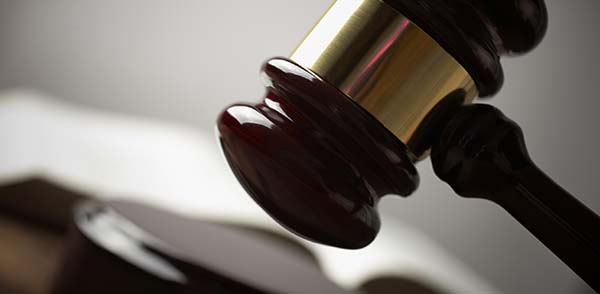Human beings in today’s world live in states, which are the politically demarcated and which have their long political history. In the evolution of state one of the major discussions has been the nature of the state. The nature of state has been a subject of much controversy among scholars since earliest times and a number of theories regarding the nature of state have been offered. These theories were to a large extent a reflection of the contemporary influences and conditions. Some of them are discussed in this article;
State as an Ethical institution:
The notion of state as an ethical institution can be traced in the writings of Aristotle and Plato. They held that the state was the greatest moral institution which aimed at the ethical development of man and provision of good life. The Greeks held that the state contained and represented within itself all the individuals, social aspirations and whatever the claims the state may make upon the individual are based on absolute authority. It may be noted that the Greeks did not distinguish between state and society and assigned to state all the functions concerning the overall development of the individual, his physical, moral and intellectual development.
Towards the close of the eighteenth century and the beginning of the nineteenth century the notion of state as an ethical institution was revived by writers like Hegel, Green, Kant, Bosanquet etc. Hegel defied the state and called it as the March of God on this Earth. T.H. Green, Kant and Bosanquet also emphasized the ethical nature of the state. In short the proponents of this view consider the state as an all-comprehensive, all-powerful and all-embracing institution. However, in recent years more and more people have denied the ethical character of the state and treated it as an instrument of resolving conflicts among the members of the state and performing welfare function.
State as a Legal Institution:
The Juristic theory rated the state as a legal person having a distinct personality and will of its own. It holds that the state mainly exists to protect the rights, life and property of the people by maintaining necessary law and order as well as legal basis. This theory found expression in the writings of Bodin, Hobbes, Bentham and Austin. This theory gained currency in the seventeenth century because the emerging bourgeoisie wanted to make the state a legal institution with exclusive authority to protect the rights of people and maintain law and order in the society. It sought to replace the customary and religious laws by the manmade laws. The Revolutions of 1649 and 1688 in England were nothing but an assertion of the supremacy of Parliament of its supreme law-making authority. It may be observed that the legal notion of state is negative in character in so far as the laws merely direct the individual to do or not to do certain things.
This concept is quite faulty in so far it places the state above the laws and vests it with unrestricted power to make laws. The grant of exclusive punitive power to the state further places it above other institutions. It is often argued that the legal notion of the state could have been useful in the earlier times but in the present context when state has become a welfare institution it does not serve any useful purpose.
State as an Organic Unit:
According to another view state is regarded as a living organism and the individual is only a small part or unit of this organization. The origin of this view can be traced back to the times of Plato, who regarded the state as an enlarged copy of the individual and drew a parallel between the working of the individual and the state. For example, he classified the Greek society into three classes; philosophers, soldiers and artisans on the basis of the three faculties of human beings, viz. reasons, spirit and appetite. The other important ancient thinkers who held faith in the organic theory were Aristotle, Cicero, Thomas Aquinas etc. In modern times the works of Hobbes and Rousseau also reflect a belief in this theory. For example, Hobbes compares the sovereignty of the state with the soul of man, magistrates to joints, rewards and punishments to nerves and so on. The organic view of the state suffered a setback with the decline of the Social Contract theory till it was revived by scholars like, Schaffle, Bluntschil and Herbert Spencer. The modern scholars instead of comparing the state with the individual treated it as an actual individual. Their emphasis was literal and not metaphorical as was the case with the ancient and the medieval thinkers.
State as a Welfare Organization:
According to the latest and the most current view state is a welfare or social service agency. It is not merely concerned with the preservation of law and order but it is also expected to provide conditions to promote the maximum good of the maximum number of people. It, also aims at the welfare of all the members of the society. Thus this view does not consider the state as an abstract legal institution but looks at it as an active system which performs numerous functions. Some of the important functions performed by the state include maintenance of stability and equilibrium, policy formation, and promotion of welfare of the members of society. For this purpose the state undertakes numerous functions which have a bearing on various facets of an individual’s life.

Most of the modern and developed states in the world have adopted the same concept of the state. They strive that the state must serve as a welfare organization for its populace and must not serve only few authoritative people. Facilities of life, justice, peace and stability should be available for all or most of the common people and they should not remain in service of the ruling elite alone. By striving to convert the Afghan state into a welfare state, we can really attain an environment where in the common people of Afghanistan are provided the most basic of their requirements. This is also the way to get rid of myriads of problems that are influencing our country to a large extent and pave the way for bliss and contentment of to enter our country.

